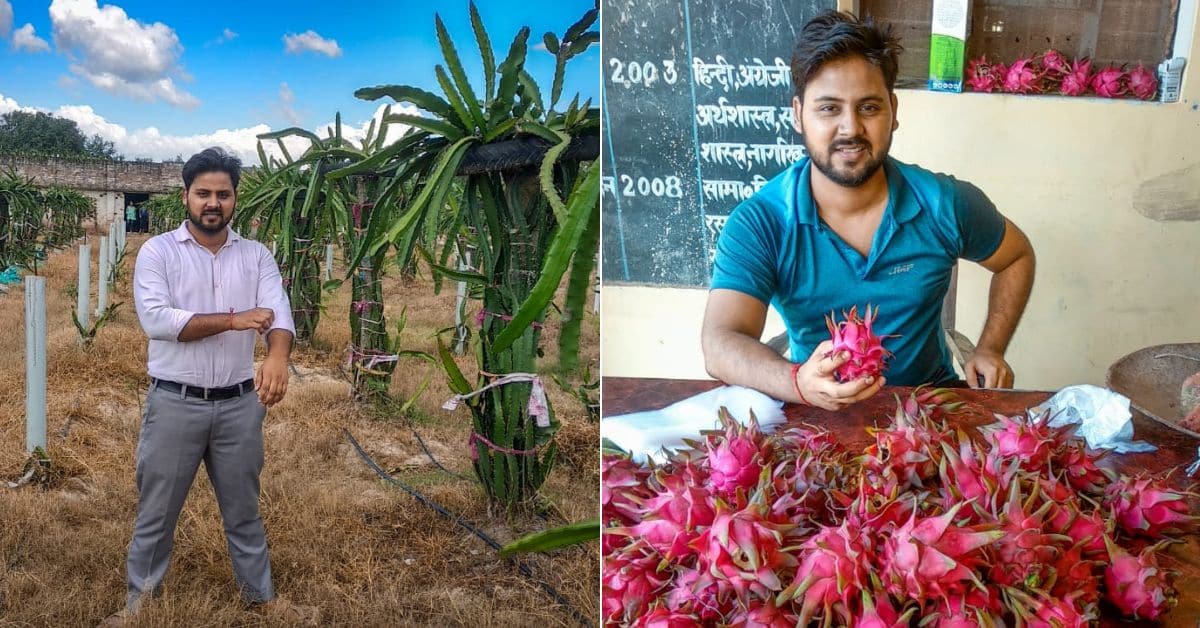India Successfully Quells Dragon Fire: A Look at the Impact on Companies and Sectors

India is taking decisive steps to address the recent fertilizer export restrictions imposed by China, which have raised significant concerns in New Delhi. In a surprising move, China halted inspections of fertilizer shipments bound for India during the critical Kharif season, leading to fears of supply shortages. In response, India has engaged in extensive diplomatic efforts to secure alternative sources of fertilizers, ensuring that the agricultural sector remains stable and prepared for the upcoming Rabi season.
China’s Export Restrictions and Their Impact
China’s decision to restrict fertilizer exports to India has been described as one of the most severe instances of supply chain manipulation by Beijing. This action coincided with the Kharif season, a crucial period for agricultural production in India, leading to significant shortages of Diammonium Phosphate (DAP) across various states. The timing of these restrictions has raised alarms, particularly as they occurred during India’s “Operation Sindoor,” which targets Pakistan. This situation has underscored the importance of reassessing India’s reliance on Chinese suppliers for essential agricultural inputs. The abrupt halt in shipments has prompted New Delhi to take immediate action to mitigate potential disruptions in the domestic market.
India’s Diplomatic Efforts to Secure Fertilizer Supplies
In response to the crisis, India has successfully navigated through the challenges posed by China’s restrictions by engaging in significant diplomatic initiatives. As the Rabi season approaches, India has been proactive in securing adequate DAP supplies, which are vital for the upcoming agricultural cycle. Historically, India has imported around 22 lakh metric tonnes of DAP from China. However, recognizing the need for diversification, India has turned to alternative suppliers. Notably, Saudi Arabia and Morocco have emerged as key partners in this effort. Following extensive negotiations, India has secured a long-term agreement with Saudi Arabia for the supply of 10 lakh metric tonnes of DAP, contributing to a total of 31 lakh metric tonnes. Morocco has also agreed to provide an additional 5 lakh metric tonnes, although this still leaves a shortfall of 7 lakh metric tonnes.
Addressing the Shortfall and Future Plans
To address the remaining shortfall, India is exploring various options, including tapping into domestic reserves and negotiating with Russia, which remains outside the sanctions affecting other suppliers. Government projections indicate that India will have sufficient stocks for the upcoming Rabi season, thanks to these proactive measures. Additionally, India is pursuing further arrangements with other nations, including Egypt, Nigeria, Togo, Mauritania, and Tunisia, to establish a more diverse and resilient supply network. Since the beginning of 2023, China has reduced its pace in renewing fertilizer agreements with India, prompting Indian firms to increase procurement from Saudi Arabia, despite the traditionally lower costs associated with Chinese fertilizers.
Observer Voice is the one stop site for National, International news, Sports, Editor’s Choice, Art/culture contents, Quotes and much more. We also cover historical contents. Historical contents includes World History, Indian History, and what happened today. The website also covers Entertainment across the India and World.
Follow Us on Twitter, Instagram, Facebook, & LinkedIn

